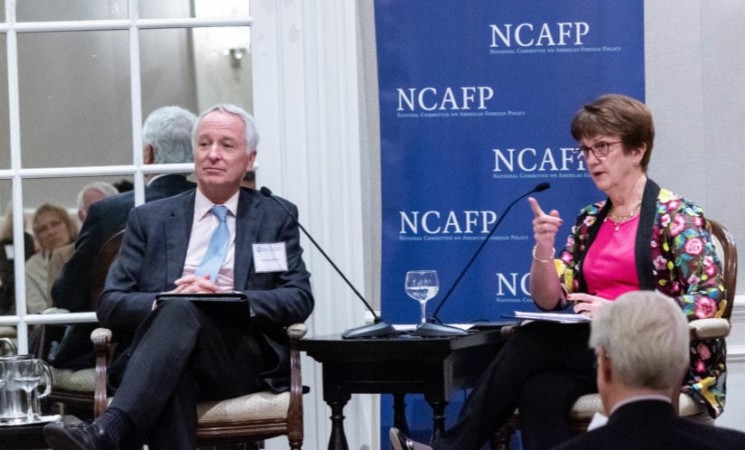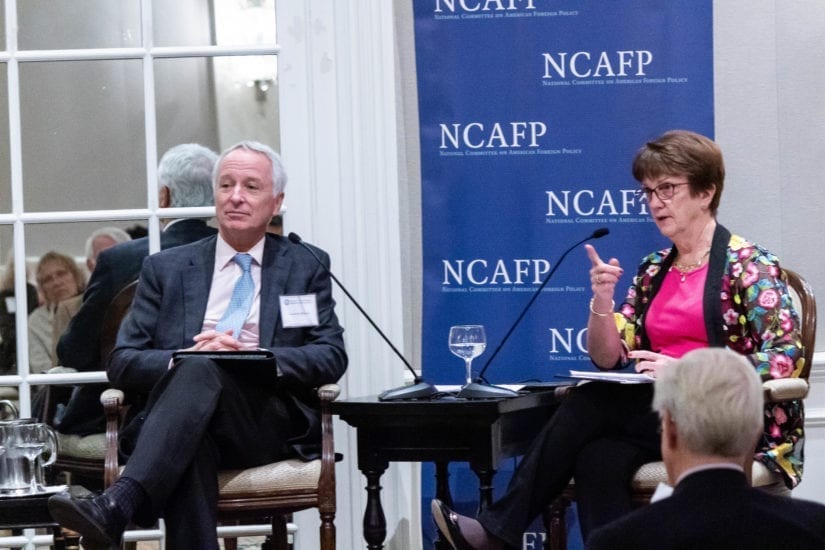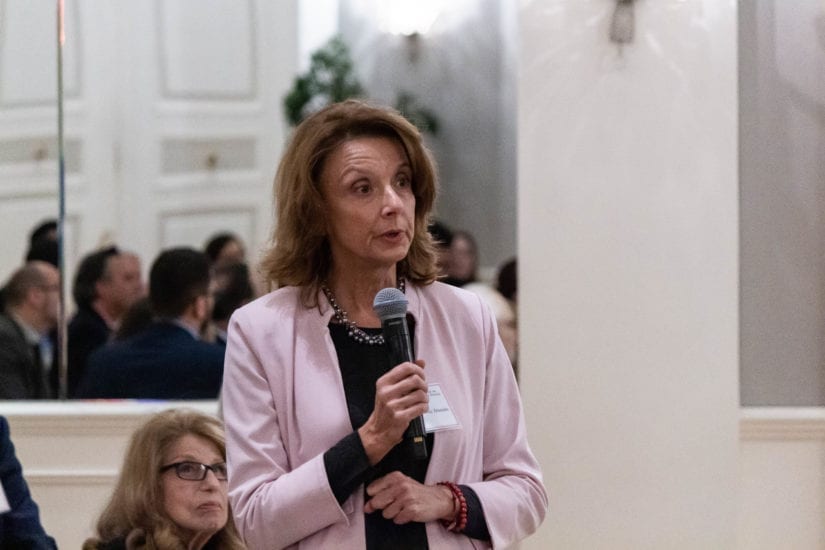Following up on the NCAFP and EastWest Institute's 2018 report on the Western Balkans, the NCAFP hosted a high-level panel discussion on November 8 examining what comes next for the region. Featuring two current and two former ambassadors, the panel sought to draw on the perspectives of the United States, the European Union, and EU member states. Ambassadors Jan Kickert and Kai Sauer, of the Austrian and Finnish Permanent Missions, respectively, led the discussion from the European perspective, while former ambassadors Cameron Munter of the EastWest Institute, and Susan Elliott of the NCAFP spoke from the perspective of the United States and the Task Force that authored the aforementioned report.
The speakers dove right into the role of the United States in the region. With only modest added engagement, it was suggested that the United States could make significant progress in helping to enhance governance and financial futures.
It was also noted that it is critical for the nations of the Western Balkans to remain on track with regard to EU and NATO accession for those that seek entry to those organizations. Resolving long-standing issues such as those regarding Macedonia's name, Kosovo-Serbia border and recognition disputes, and 'stabilocratic' governance in Bosnia are key issues preventing progress.
The speakers also took a long look at the role played by external actors aside from the U.S. and EU. Essentially, the region continues to look West for investment and assistance, but is finding smoother paths to investment from China. The Western Balkan region is very much within China's Belt & Road initiative and the U.S. and EU must address that if the region is to be integrated into Western institutions.
Not only were major regional issues addressed by the panelists, but also by the audience. The Permanent Representatives of Montenegro and Albania, in addition to a former Permanent Representative from Moldova spoke from the audience to explain their perspectives on regional issues and the threat posed by Russian interference.
The lively question and answer session extended well past the allotted event time, leading to a comprehensive, but sobering evening.




